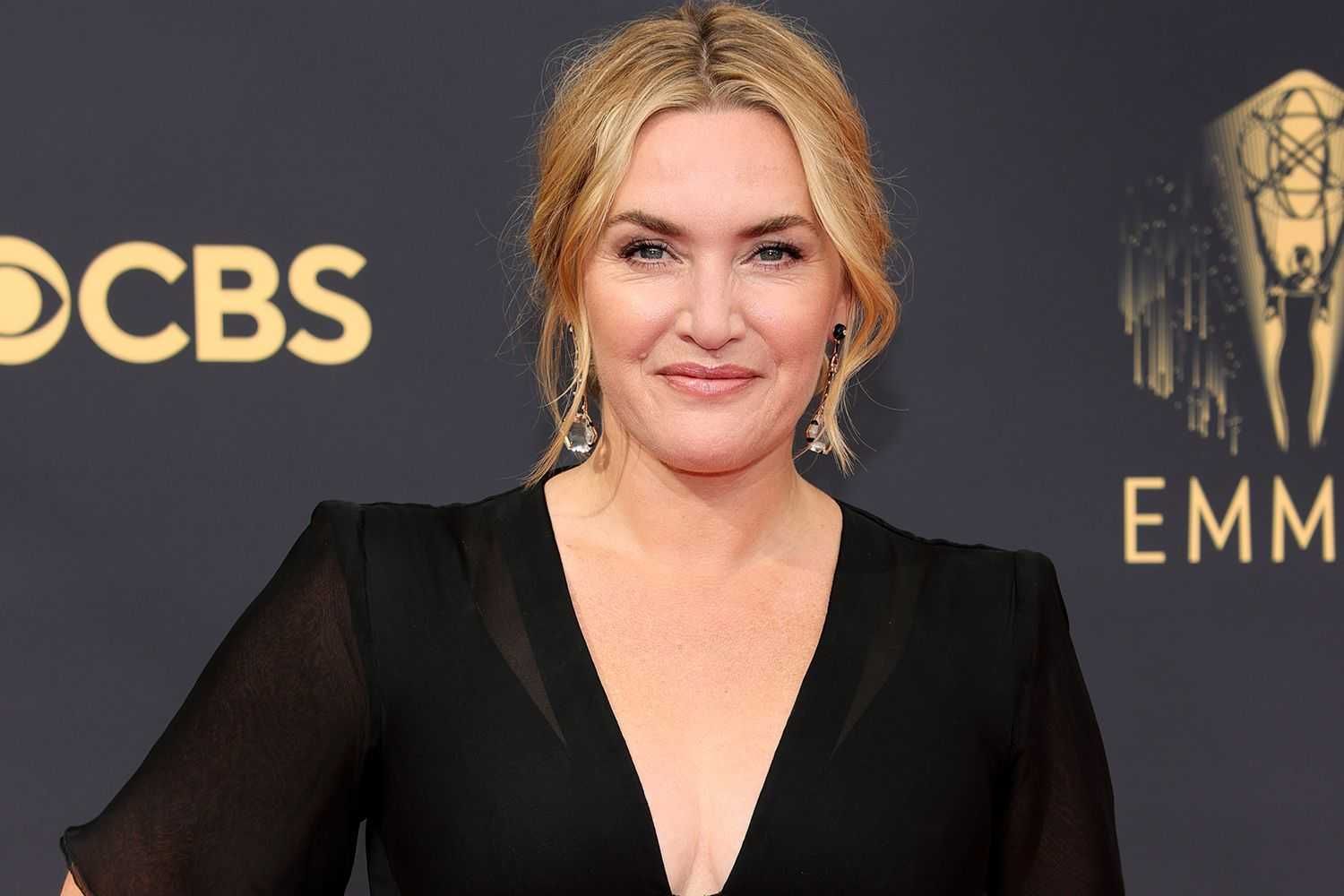Kate Winslet unveils Mare's emotional journey: A look back at HBO's masterpiece
Reflecting on Mare of Easttown, Kate Winslet shares insights on the finale's powerful attic scene, her bond with Julianne Nicholson, and the challenge of keeping the show's biggest twist under wraps.

Kate Winslet (Source: X)
In an era where television finales often divide audiences, HBO's Mare of Easttown managed to captivate viewers right up to its last moments. As we look back, the emotional weight and narrative complexity of the series, led by the incomparable Kate Winslet, still resonate deeply. Winslet's portrayal of Mare Sheehan not only earned her critical acclaim but also solidified her status as one of the most versatile actors of our time.
One of the series' most poignant moments was nearly left on the cutting room floor. Winslet revealed that the decision to include Mare's ascent into the attic, confronting the space where her son's life tragically ended, was a subject of much debate. "Do we really need Mare going in the attic?" Winslet questioned during a live Instagram Q&A, as she pondered the necessity of this scene alongside series creator Brad Ingelsby and director Craig Zobel. Ultimately, they decided its inclusion was essential for Mare's emotional journey—a decision that paid off, offering viewers a powerful portrayal of grief and healing.
Winslet's real-life connection with co-star Julianne Nicholson added an unparalleled depth to their on-screen relationship. Nicholson, whose husband is godfather to one of Winslet's children, shared an "emotional canvas" with Winslet that transcended their performances. This bond was especially crucial in the heart-wrenching scene where Mare confronts Lori, played by Nicholson, with the revelation that Lori's son Ryan is the prime suspect. "I felt instinctively worried about her," Winslet admitted, highlighting the emotional stakes involved.
In a television landscape where spoilers are rampant, keeping the identity of Erin's killer a secret was a monumental task. Winslet expressed the immense pressure she felt, noting that she had never been part of a project where "the huge reveal and great big twist is so important." The lengths to which the production team went to maintain this secrecy, including cryptic scene descriptions, underscored the commitment to delivering a genuine shock to audiences.
As the series concluded, Winslet faced a new challenge: parting ways with the Delco accent she had become so accustomed to. Having lived with Mare's character—and her distinct dialect—for an extended period, Winslet humorously remarked on the difficulty of shedding the accent, a testament to her deep immersion in the role.
Reflecting on Mare of Easttown, it's clear that the series, with Winslet at its helm, was more than just a crime drama; it was a profound exploration of human grief, resilience, and the complexities of familial bonds. As Winslet shared her experiences and the intricacies of bringing Mare Sheehan to life, we're reminded of the power of storytelling and the lasting impact of truly compelling characters.
(Several parts of the text in this article, including the title, were generated with the help of an AI tool.)







